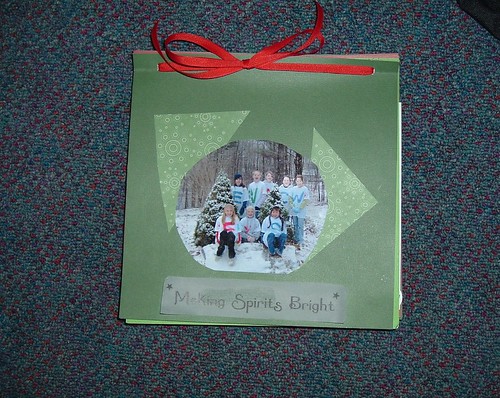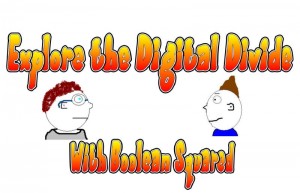This week, I was skimming through my New Yorker magazine and came across an intriguing article about the rise of cell phone novelists in Japan. Mostly composed by young women who are writing for publication for the first time in their lives, this phenomenon has not yet crossed the world but is gaining some traction outside of Japan. The novels are written line by line on cell phones, in episodes, then put up on websites, and then some (the irony here) are published into best-selling books.
The article by Dana Goodyear (read an excerpt of it here) gets at both the views of the writers but also the criticism the cell phone novels are getting from literary circles. People argue against calling these pieces “novels” and scoff at their importance, while others see the popularity as a signal that literacy, even in the wired world, is not quite yet dead, even if the depth of the stories remains fairly simplistic. Perhaps this is just the start of something bigger?
Anyway, the article got me thinking and inspired this poem, about a cell phone novelist who feels under the cultural gun for publishing stories in this new-fangled way.
The Plight of the Pajama Novelist
(listen to the podcast of the poem)I stand accused of being nothing more than
a pajama novelist
padding about in bare feet
with fingers twitching on my cell phone
as I unleash yet another sentence, word by word by word,
into this text-ural world.My accusers use their diplomas for prosecution
as if a piece of paper
might yield some artifact from the past
to determine the present state of affairs
when words are so cheap that anyone is a poet;
anyone, a novelist;
anyone, a composer.Locked into the ribbon of their old punch-key typewriters,
they don’t imagine that writing can ever be different than it was,
that it might change with the pulse of the times
and become stories scribbled out on the thumbpads
during the afternoon commute back home.Odysseus remains lost in the mire
but Genji is alive and well,
immersed in the politics of the palace
of internal intrigue which we — the denizens of Keitai Shosetsu —
pick and choose from of the remains of the skeletons
of the past.Yet who am I to defend myself as I sit in anonymity,
disguised as a woman of heartache
whose lover is in chains;
whose past remains broken;
whose heart is in flames;
with passions, spoken: all for public consumption
as I sip my beer and imagine the possibilities.A million hits can’t be wrong — a million eyes on the screen —
as they wait with eagerness
while my accusers stew in their discordant certitude
that this signal the End of the Novel.
So yes, I plead guilty to charges
and wait for the jury of my peers — one million strong —
to come to my defense so we can write this new tale of ours:
together.
Peace (in new forms),
Kevin



